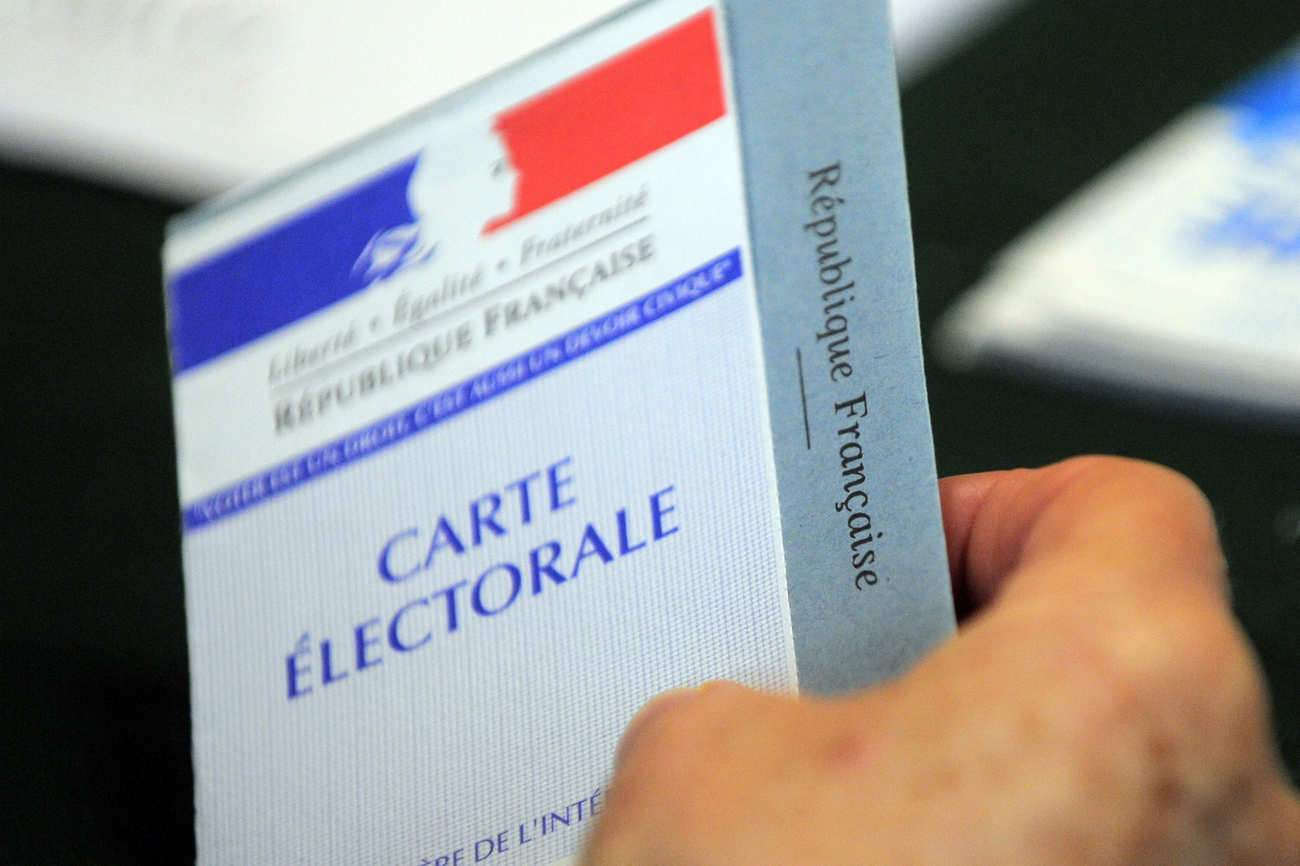In February 2020, 47.7 million people were registered on the French electoral rolls outside New Caledonia, including 1.3 million residing outside France and registered on a consular list (INSEE).
On the national territory, 94% of French people of voting age are registered on a list. The number of registered voters increased by 544,000 between April 2019 and February 2020. During this period, 2.4 million French citizens voluntarily registered to vote. The Portuguese are the most numerous foreigners on the complementary lists of the communes, which lost 46,000 UK nationals to Brexit.
94% of French residents of voting age are registered on the electoral roll.
As at 14 February 2020, 47.7 million voters are registered on the French electoral rolls outside New Caledonia: 46.0 million are French voters registered on a main communal list (44.3 million in metropolitan France, 1.5 million in the overseas departments and 240,000 in the overseas collectivities outside New Caledonia), 1.3 million are registered on a consular list and 330,000 are nationals of another European Union member State registered on at least one of the two complementary lists of communes.
In metropolitan France and the overseas departments, 94% of French citizens of voting age are registered on a communal electoral list. Thanks to the automatic registration procedure, 99% of adults under the age of 30 are registered on an electoral roll. The registration rate is lower for 30-44 year olds (91%) because not all voters re-register on the list of their new commune after moving, but can be struck off the old one by the town hall, which notes their “loss of communal attachment”. For people aged 45 or over, the registration rate increases (93%). The gender distribution of the electorate at all ages is very close to that of the resident population.
French citizens residing outside France may register on one of the 208 consular lists. Four of them have more than 50,000 voters: the consular post in Geneva manages the largest of these lists (114,000 voters), followed by those in London, Brussels and Montreal. At the other end of the spectrum, the lists in Ekaterinburg, Tripoli, Chisinau and Bandar Seri Begawan have fewer than 55 voters.
544,000 more people on the lists since April 14, 2019
Since 14 April 2019, the number of registered voters has increased by 544,000. Thus, the main lists gain 500,000 voters and the consular lists 44,000. Despite the Brexit and the removal of 46 000 British voters, the supplementary lists lose only 1 400 voters.
This increase in the number of registered voters is partly due to demographics: 657 000 young people, born in 2001 and early 2002, were automatically entered on the electoral rolls during this period, while only 409 000 deceased persons were struck off, giving a net balance of + 248 000. In addition, approximately 52,000 people were automatically registered as French citizens.
The remainder came from voluntary applications for registration of new voters who had not previously been registered, which is much higher than the write-offs made by the communes for loss of communal ties (264,000 write-offs for this reason between April 2019 and February 2020). Between 14 April 2019 and 14 February 2020, 2.4 million voters voluntarily registered or re-registered on the electoral roll, with 750,000 having registered online, i.e. three out of ten voters. The number of registrations was particularly high at the beginning of the year: 1.4 million have been registered since 1 January 2020, 510 000 of whom have registered on-line.
The Portuguese are the most numerous Europeans registered to vote in France.
330 000 voters who are nationals of another Member State of the European Union are registered on at least one of the two complementary lists of communes. Nationals of another European Member State residing in France may apply to be entered on an electoral roll to vote in two types of elections: municipal elections and elections for representatives to the European Parliament. Municipalities therefore also keep a supplementary list in preparation for these elections. The majority of European voters on the municipal lists in France are registered on the two supplementary lists: 65 000 are registered on the municipal supplementary list alone, and only 11 000 of them on the supplementary list for the European elections alone.
With 111 600 registered, the Portuguese are the most numerous on the complementary lists, followed by Italians (55 300), Belgians (47 500), Spaniards (33 900), Germans (33 600) and Dutch (17 700). In contrast, Maltese voters are the least numerous with only 60 voters. The 46,000 British people present at the beginning of the year were struck off the lists following the Brexit on 31 January 2020 (Dominique Guédès, Department of Demography, INSEE).

